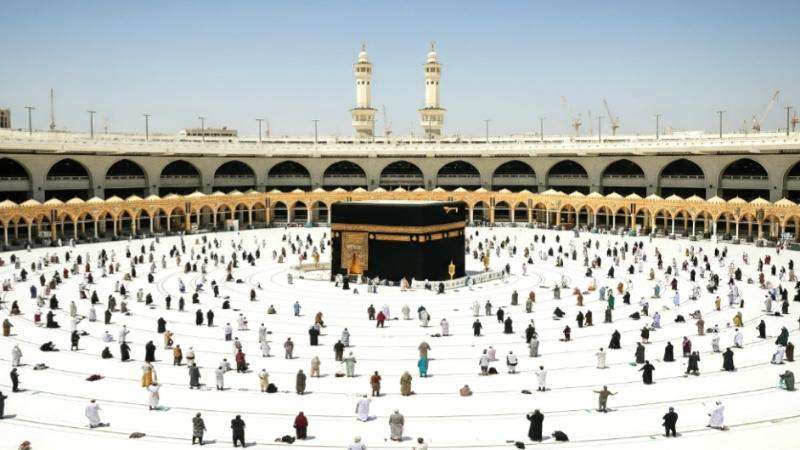Recent parliamentary vote on an amendment to the Abortion Bill, aiming to decriminalize abortion after 24 weeks, has sharply illuminated the profound ethical and religious dilemmas confronting British Muslim Members of Parliament. Their varied votes underscore the complexities of reconciling personal faith with parliamentary responsibilities, particularly when considered against deeply held Islamic teachings, Daily Dazzling Dawn understands.
Islamic jurisprudence generally holds a strong stance against abortion, especially after the ensoulment of a fetus, which is often considered around 120 days (approximately 17 weeks) of gestation. The very notion of decriminalizing abortion beyond 24 weeks, therefore, presents a substantial challenge to these traditional religious views. Despite this shared theological foundation, Muslim MPs demonstrated a clear split, illustrating the nuanced pressures of parliamentary duty in a secular state.
The Votes on Decriminalization:
When considering significant votes on abortion legislation in recent years that touched upon issues of decriminalization or expanded access, the positions of British Muslim MPs, including the prominent British-Bangladeshi representatives, have varied:
MPs generally voting FOR measures related to decriminalization or expanded access:
Apsana Begum (Labour)
Rupa Huq (Labour)
Tulip Siddiq (Labour)
Zarah Sultana (Labour)
Naushabah Khan (Labour)
MPs generally voting AGAINST such measures:
Rushanara Ali (Labour)
Mohammad Yasin (Labour)
Saqib Bhatti (Conservative)
Adnan Hussain (Independent)
Ayoub Khan (Independent)
Iqbal Mohamed (Independent)
Note: The specific amendment mentioned for "decriminalizing abortion after 24 weeks" would align with votes expanding abortion access. Voting records can vary across different amendments and bills. The above categorisation reflects their general stance on recent votes concerning abortion legislation.
Navigating Faith and Law:
This divergence highlights that even within a shared faith, interpretations of how to engage with secular law on sensitive moral issues can differ significantly. For those voting against the amendment, their stance often aligns directly with the sanctity of life principles deeply embedded in Islamic teachings, which prohibit the termination of a life after ensoulment, except in very specific circumstances where the mother's life is at direct risk. These MPs prioritize upholding a legislative framework that reflects these profound moral objections.
Conversely, Muslim MPs who voted for decriminalization may frame their decision through a different lens. They might argue that their vote addresses the legal framework for women's reproductive autonomy within a secular legal system, rather than endorsing abortion itself as religiously permissible. This perspective often emphasizes compassion for women facing difficult circumstances and a belief that criminalizing such choices can lead to unsafe practices. Their role as elected officials also involves representing diverse constituents, balancing individual conscience with party policies, and considering the broader societal impact of legislation in a multicultural society. The fact that Labour MPs appeared on both sides of the vote further highlights that personal conviction, rather than strict party lines, played a significant role on this morally charged issue.
The Case of Assisted Dying:
While this specific vote concerned abortion, similar ethical and religious considerations arise with proposals for "assisted dying" (euthanasia or physician-assisted suicide). Islamic teachings unequivocally prohibit suicide and active euthanasia, viewing life as a sacred gift from God that only He can take. Therefore, it is highly probable that on an assisted dying bill, Muslim MPs would present a far more unified front in opposition, reflecting a consistent adherence to clear religious injunctions against the intentional ending of a life.
The varied voting patterns among British Muslim MPs on the Abortion Bill amendment vividly illustrate the complexities faced by elected representatives navigating deeply personal and faith-based convictions within a secular legislative body. It underscores that "the Muslim vote" is not monolithic, particularly on issues that demand profound ethical and religious discernment, and that individual conscience plays a powerful role in their parliamentary duties.
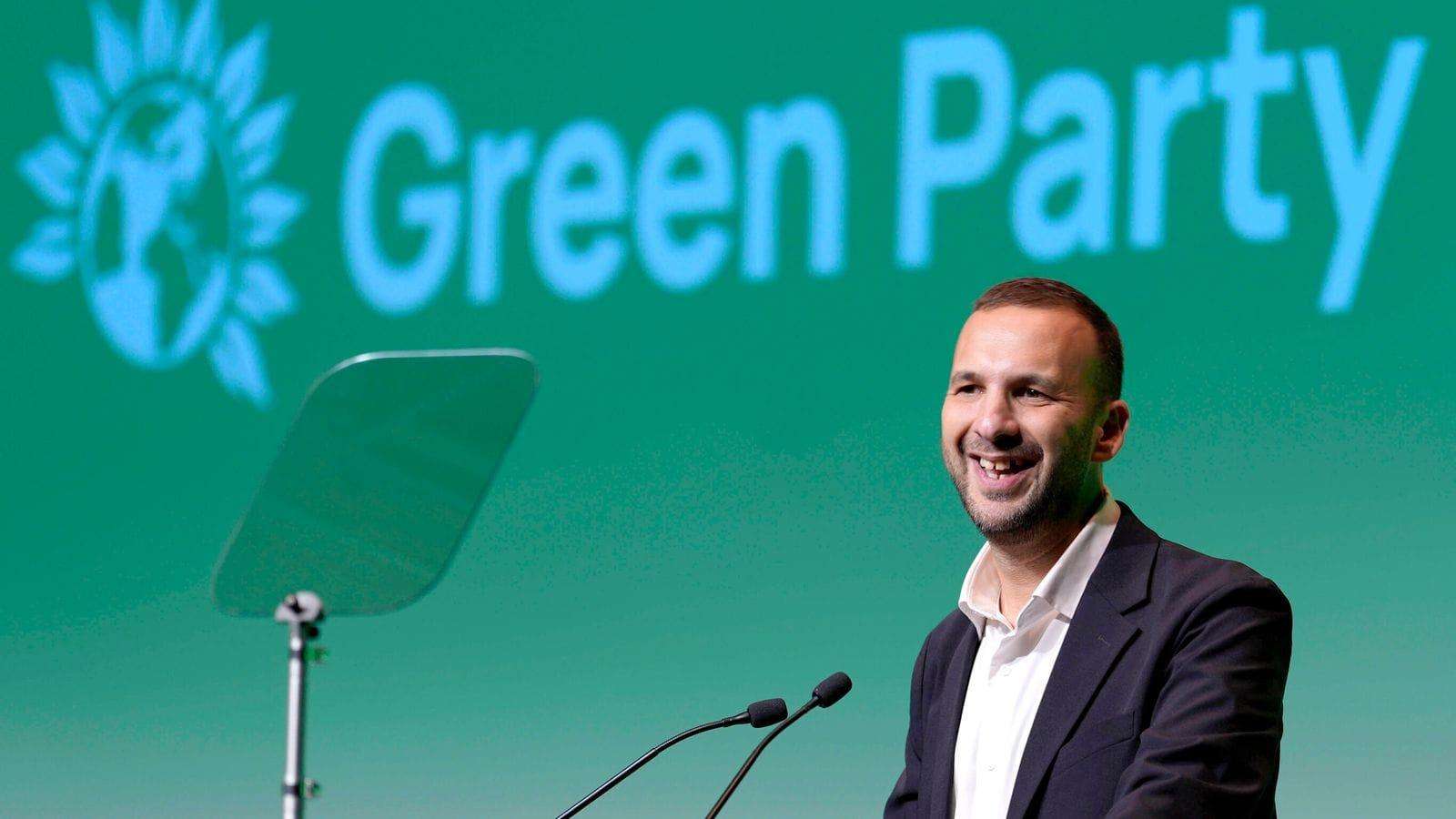
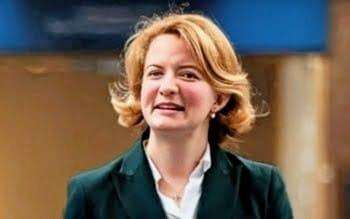

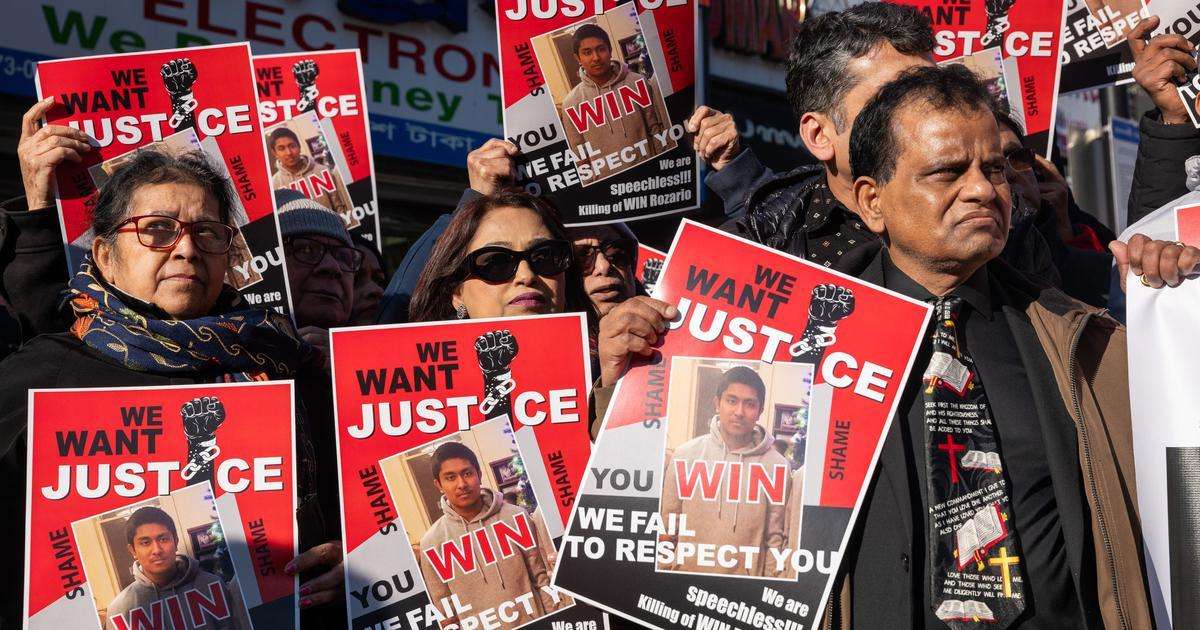
_4.jpg)

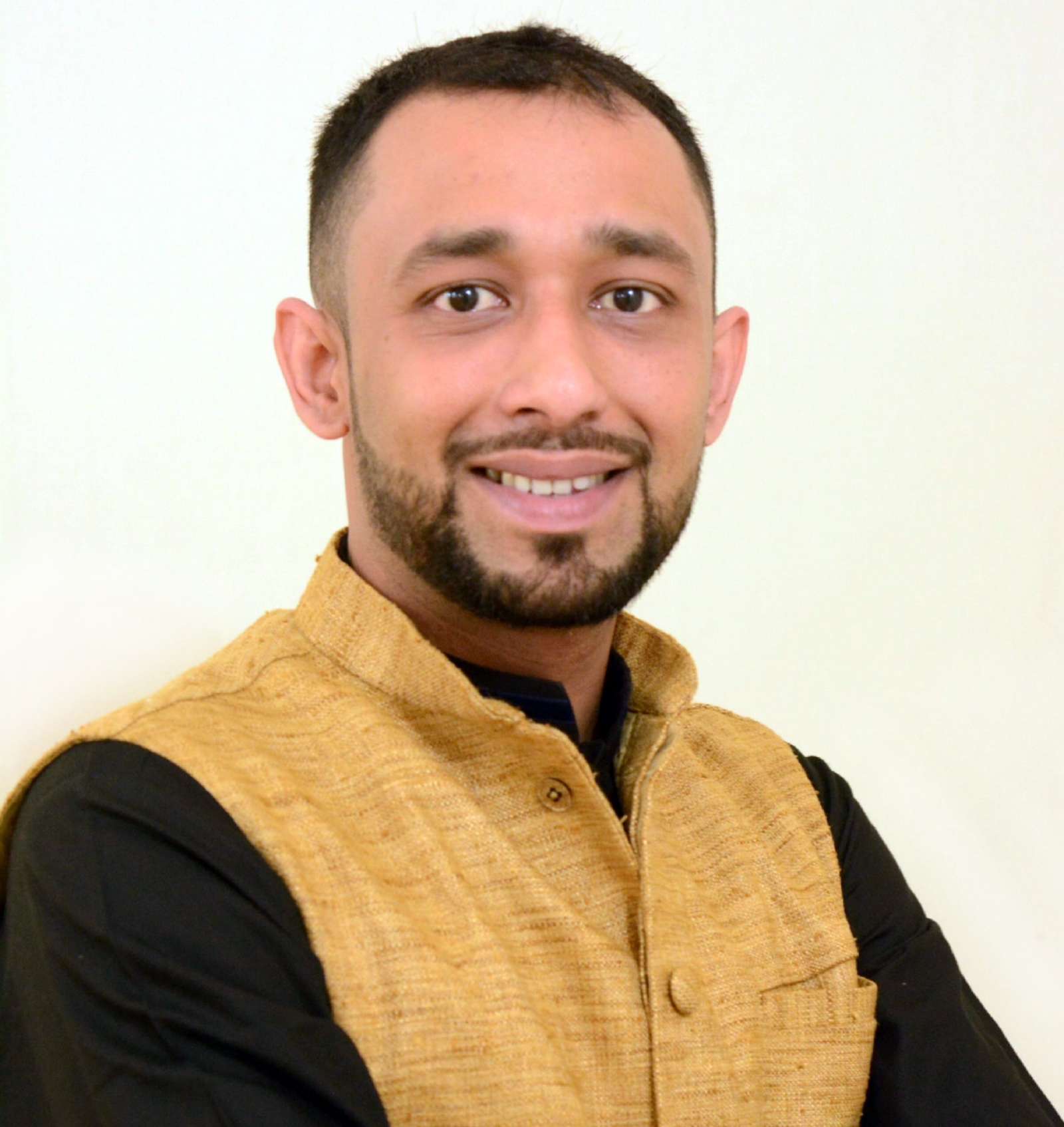

.svg)

